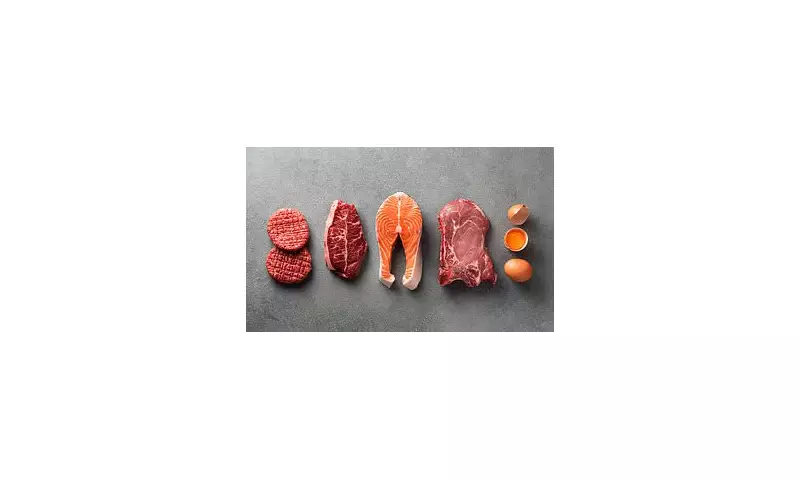
In a startling revelation that challenges modern dietary trends, a prominent UK GP has issued a stark warning about the potential dangers of excessive protein consumption. While protein has been hailed as the holy grail of fitness and weight loss, medical experts now caution that many Britons may be consuming far more than their bodies actually need.
The Protein Paradox: When More Isn't Better
Dr. Semiya Aziz, an experienced London GP, explains that the current protein obsession sweeping the nation could be doing more harm than good. "Many patients come to me convinced they need massive amounts of protein, but the reality is quite different," she reveals.
The recommended daily allowance for protein is surprisingly modest - approximately 0.75 grams per kilogram of body weight for adults. For an average woman weighing 70kg, this translates to just 52.5g daily, while a 85kg man requires around 63.75g.
Hidden Dangers of Protein Overconsumption
Excessive protein intake can lead to several concerning health issues:
- Kidney strain: Your kidneys work overtime processing excess protein
- Dehydration: High protein diets increase water requirements
- Nutrient deficiencies: Over-focusing on protein can crowd out other essential nutrients
- Digestive issues: Many experience bloating and discomfort
- Weight gain: Surplus protein converts to fat, counter to popular belief
Who Really Needs Extra Protein?
Dr. Aziz emphasizes that only specific groups require increased protein intake:
- Elderly individuals combating muscle loss
- Athletes and bodybuilders with intense training regimens
- People recovering from surgery or illness
- Pregnant women supporting fetal development
The Supplement Trap
The booming protein supplement industry has convinced millions they need expensive powders and shakes. "Most people can easily meet their protein needs through a balanced diet," Dr. Aziz asserts. "Think chicken breast, fish, eggs, lentils, and Greek yogurt rather than processed supplements."
She particularly warns against protein bars, many of which contain hidden sugars and artificial ingredients that undermine their health benefits.
Finding Your Personal Protein Balance
Rather than following trendy diets or supplement marketing, Dr. Aziz recommends a more measured approach:
"Listen to your body and focus on whole foods. If you're consistently active and maintaining muscle mass without supplements, you're probably getting enough protein. The key is balance, not excess."
This timely advice comes as nutritionists observe a worrying trend of protein overconsumption across the UK, with many people spending fortunes on supplements they don't need while potentially compromising their long-term health.





